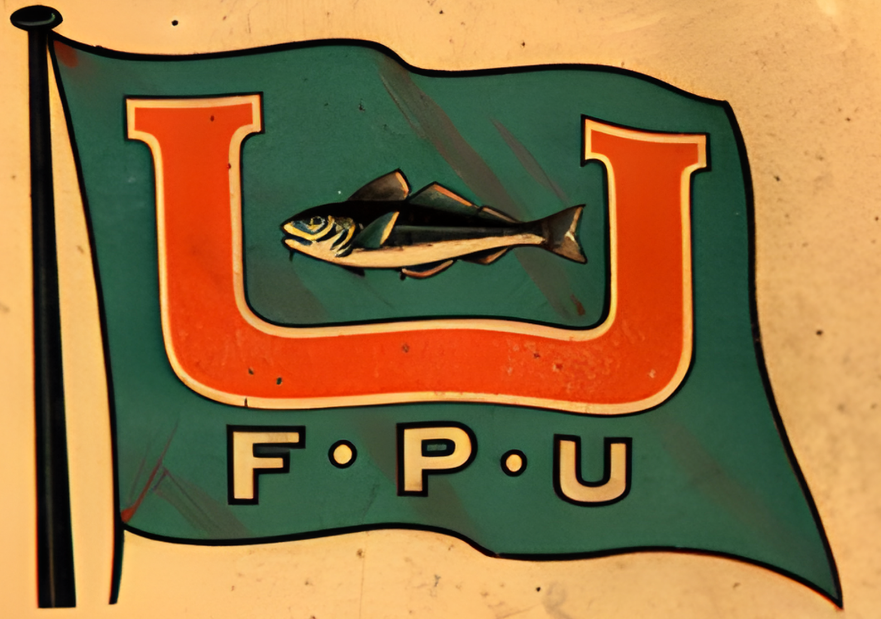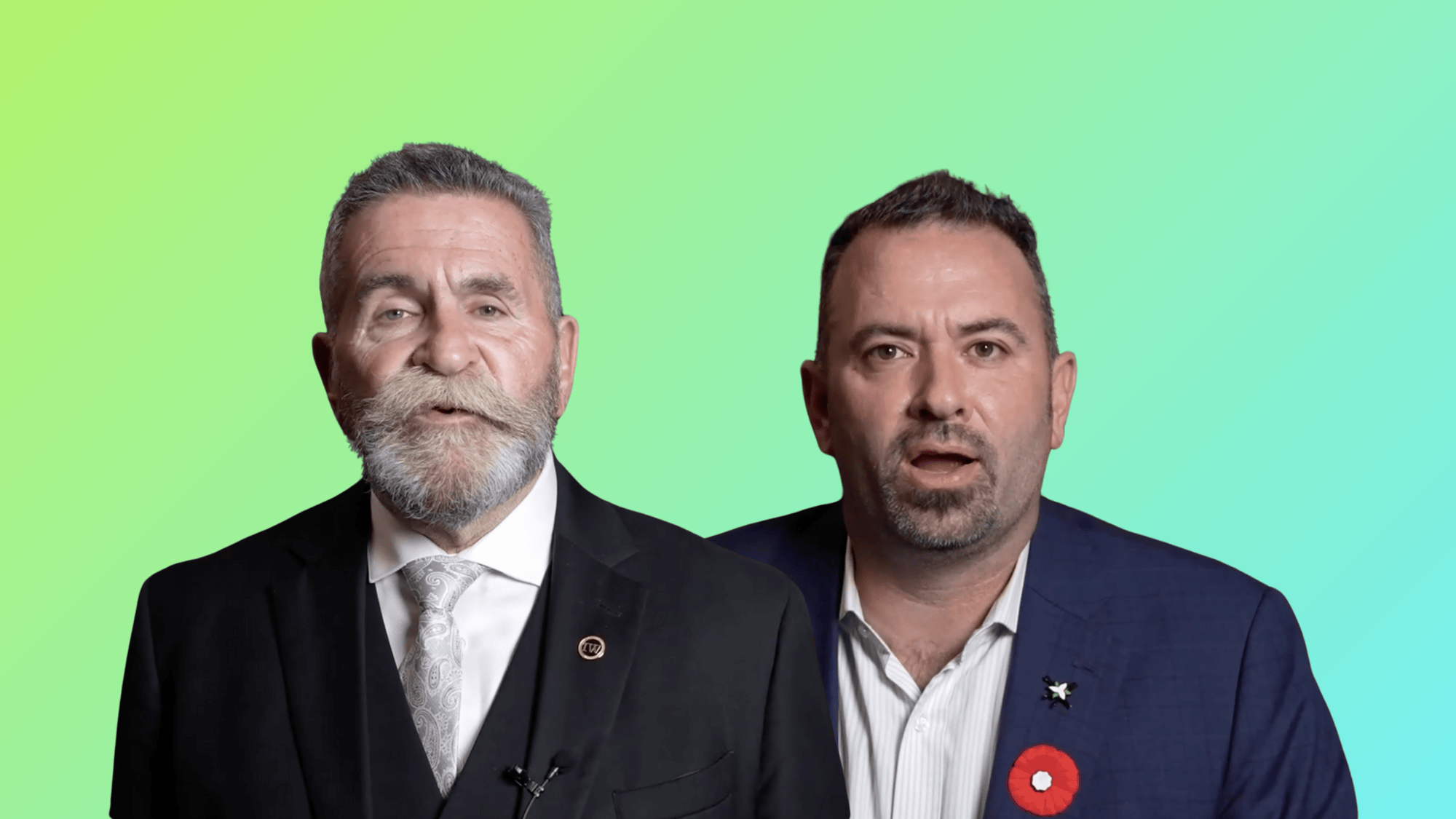What does a progressive industrial strategy look like in an age of climate crisis, economic upheaval, and capitalist profiteering?
In this episode of Progressive Political Economy, Todd Tucker, Director of Industrial Policy and Trade at the Roosevelt Institute, lays out the stakes for Canada and the US as Donald Trump dismantles the Inflation Reduction Act (IRA) and ignites a trade war. Drawing on lessons from the Green New Deal and FDR’s New Deal, Tucker shows how the fight against Trump’s tariffs gives Canadian progressives the chance to build a high-road industrial strategy for reduced emissions, strong communities, and empowered workers.
The IRA promised a rare blend of climate ambition and labour standards, proving that investment can be conditional on union wages, local sourcing, and prosperity for fossil fuel-dependent communities. While Trump rolls back that progress, Canada has the industrial policy for social infrastructure—like dental care, pharmacare and universal medicare—to lead where the US falls behind.
Progressive Political Economy is a video series that spotlights progressive economics and political ideas that push for a just and equal society.
Through interviews with Canada’s leading progressive economic thinkers, we lay out alternative approaches to orthodox economic thinking that have lent today’s inequalities and injustices.
From broadly envisioned industrial strategy in the fight against climate change to episodic economic phenomena like sellers’ inflation felt by all during the COVID-19 Pandemic, the Progressive Political Economy series brings forward debates and inquiry on today’s major issues while being grounded in working-class, social democratic values.
Valuing people over profits, decommodification, and a political economy that works for the 99%, the ideas shared in this Progressive Political Economy series are a much needed counterweight to Canada’s business-backed economic discourse.





